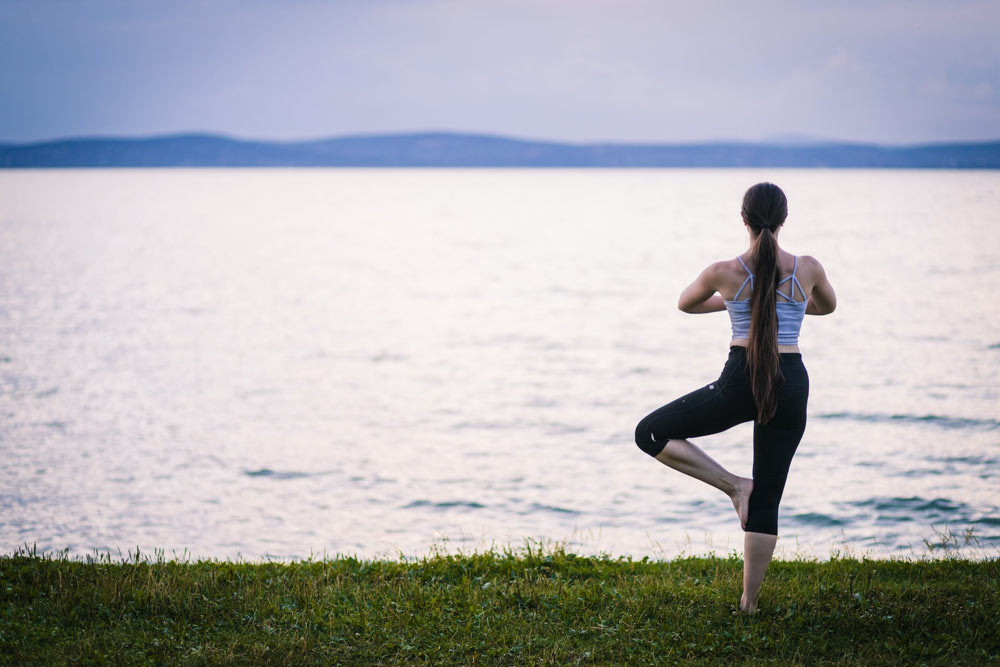The Courage to Live the Path of Heart

On this day of Love, my mind moves like a minesweeper, recalling the many quotes I’ve read over the years concerning love. Love, according to the poets and philosophers, is “the only reality” (Leo Tolstoy), “the supreme happiness” (Victor Hugo), “the single true prosperity” (Lucille Clifton) and “the only salvation” (Octavio Paz).
This complex experience of Love, of course, defies easy definition. The ancient Greeks had six words for it: Eros (sexual passion), Philia (deep friendship), Ludus (playful love), Agape (universal loving kindness), Pragma (longstanding love) and Philautia (self-love).
On Valentine’s Day, much of the focus is centered on our beloved friend Eros, Romantic Love. Research has revealed that the “love hormone” oxytocin, released through sexual attraction and connection, surges strong for about 18 months, bonding couples in the early stages of a relationship. My friend Kelly Pidgeon has long said that no one should make any big decisions (cohabitation, engagement, marriage or baby) until after this phase has ended, and with good reason. A powerful force, oxytocin is capable of blinding us to, or at least blurring, reality, luring us to rush into places where angels dare to tread. Author Isabel Allende notes with astonishment in her essay “The Language of Flowers” that “The nose is capable of detecting more than ten thousand odors, and the brain of distinguishing among them, yet that same brain cannot distinguish between lust and love.” This theme is the driving force of comedies and tragedies alike.
For love to move from this superficial, though inestimably alluring state of Eros, there has to be something more, an entirely different, more daring and demanding, admittedly less dazzling, experience of love. Many of those struck by Cupid’s arrow fizzle out rather than advancing or deepening to this place of trust, intimacy, and, yes, sacrifice. Love, to quote actor-turned armchair philosopher Sylvester Stallone, “is absolute loyalty. People fade, looks fade, but loyalty never fades. You can depend so much on certain people. You can set your watch by them. And that’s love, even if it doesn’t seem very exciting.” The Holy Grail, it seems, is less an ethereal chalice and more of an everyday refreshing and sustaining cup of water.
The pathway from hearts and flowers of the Eros/Oxytocin phase to the deeper expressions, turns out, requires living with an open heart. Sociologist and author Brené Brown in her famous TedTalk “The Power of Vulnerability” asserts that our redemption, individually and collectively, comes through vulnerability. It’s risky, which is why many shy away from and even avoid it at all costs, but it also brings us to the golden treasure trove of love: authentic connection and a sense of belonging. This takes courage (from the Latin Cor, or heart) to follow that love to the dark and difficult places it will inevitably lead us.
Author C.S Lewis said it first nearly 70 years prior, declaring that “To love at all is to be vulnerable. Love anything and your heart will be wrung and possibly broken.” The alternative, he says, is to protect yourself by locking your heart up all safe and secure to assure you will never be hurt, betrayed or compromised. In doing so, he says, your heart “will not be broken; it will become unbreakable, impenetrable, irredeemable. To love is to be vulnerable.”
Poet Emily Dickinson, likewise, assures us that “I scarcely know where to begin, but love is always a safe place.” The safety of which she speaks is not the risk-free kind we seek. Though real, mutually-inspired love breeds emotional security, it has its price. The voice of realism, author George Eliot contends that “love is always a test of what you will endure.” Indeed, it is. We are lured by the golden chalice to do things we would never otherwise consider. The love of a cherished partner or child, the commitment to a friend or even a beloved pet will move us to sacrifice ourselves in ways we never could have imagined. But I’ve heard it said that “you always know”, meaning, I believe, that you know when it’s right to give of yourself completely to someone or something. The safety is found within the bold trust of your decision to commit yourself and in your belief that “what you will endure” is worth it.
This real and longstanding love requires an offering of vulnerability and in return assures us its many benefits, including joy, creativity, belonging and ultimately our happiness. “True happiness,”said Helen Keller, “is not attained through self-gratification, but through fidelity to a worthy purpose.” It happens through a process of diminishing our self-serving egos in service of something so much greater than ourselves or anything we could imagine.
What greater and more worthy purpose might we commit ourselves to, on this most-celebrated day of Love, than this? The price is high, but the rewards are great. “Love’s greatest gift, the Sufi poet Rumi avows, “is its ability to make everything it touches sacred.” Wishing you the experience of that kind of love.